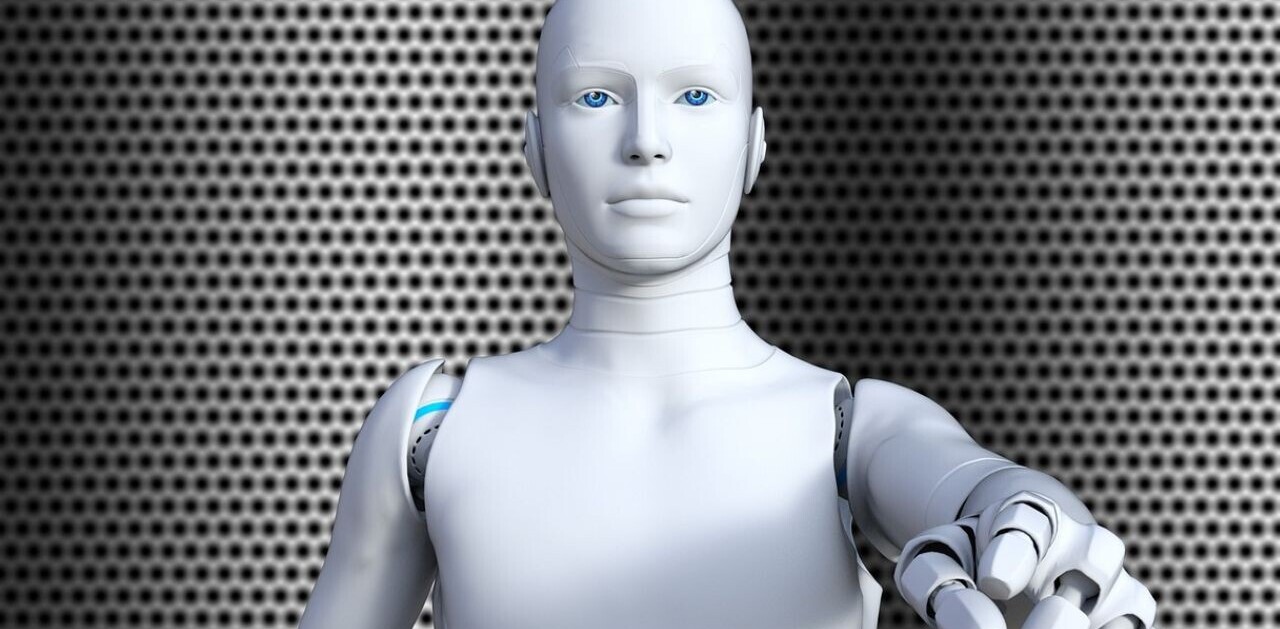
Google has been digitizing books for about five years now, and it’s been a slightly bumpy road.  On November 19, the Court granted them preliminary approval of their settlement which covers quite a bit, from rights of copyright owners to the handling of the intellectual material. It all seems win-win.
On November 19, the Court granted them preliminary approval of their settlement which covers quite a bit, from rights of copyright owners to the handling of the intellectual material. It all seems win-win.
But, some people aren’t so happy, especially France’s President, Nicolas Sarkozy.
He said yesterday that he wouldn’t “let ourselves be stripped of our heritage to the benefit of a big company, no matter how friendly, big or American it is.” Now, he didn’t come out name dropping, but we all know to whom he was referring: Google. This isn’t the first time France has challenged the internet giant.
In 2005, French and German leaders announced a proposed multimedia search engine dubbed Quaero. The project hasn’t really gone anywhere for years, especially after German support was withdrawn in 2006. Taking on Google is quite a feat.
So if Sarkozy doesn’t want Google to do it, what’s his solution? He’s proposing a project financed by a national loan to digitize books. France’s PM Francois Fillon agrees and presses that France would not accept another cultural industry being “threatened by looting.” Those being the movie and music industries.
Seems they both have strong feelings on the issue. But what does Google’s agreement really mean for everyone?
- More Access to Out-of-Print Books – It’d generate more exposure to these works.
- Additional Ways to Purchase – Two words: ebook readers.
- Free Access from U.S. Libraries – Have you ever gone to the library, just to find that the rare book you want, or may even need to read, gone? Yeah, I hate that too.
- Compensation and Control Over Works – I’m sure authors and publishers would appreciate right protection and payment distribution from online access to their works.
- Institutional Subscriptions – Access to the world’s renowned libraries for academic, corporate, and government organizations.

For some, change is hard to accept. Publishing is NOT the first traditional media industry to face it, either. The music industry is still evolving today, and has come a long way in terms of distribution and consumption. Publishing will be no different, it’s just lagged behind the others.
Our technology has caught up, with all the ebook readers and tablet computers on the horizon; the time has come. We’re standing at the precipice of that vast change once again, and instead of grasping desperately onto the edge, we need to jump.
When it comes down to it, the digitization of books will be a lot smoother if organizations work together rather than against one another.
Get the TNW newsletter
Get the most important tech news in your inbox each week.





